Elephants already have a reputation for being majestic and wise, but honestly, the more you learn about them, the more incredible they get.
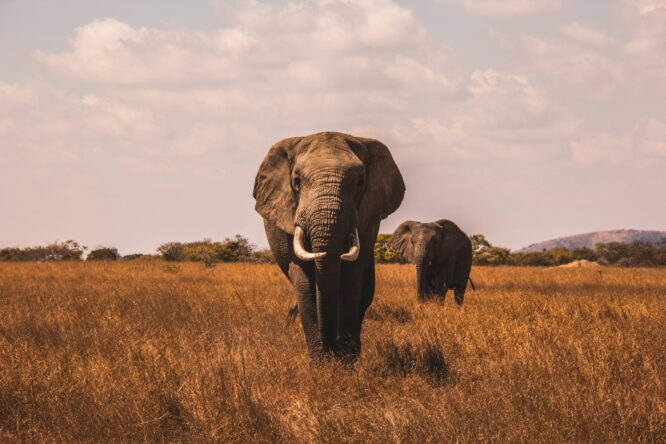
These gentle giants aren’t just big. They’re complex, emotional, and downright brilliant in ways that still leave scientists and animal lovers in awe. Here are just some of the reasons elephants are even more amazing and awe-inspiring than you probably realise.
1. Their memories are genuinely legendary.
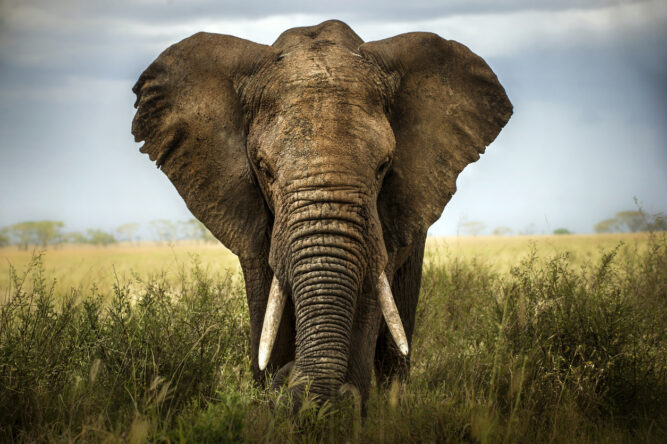
It’s not just a saying—elephants really do have extraordinary memories. They can remember watering holes they visited decades ago, and recognise the voices and scents of other elephants they haven’t seen in years. This isn’t just a neat party trick; it’s a survival tool. In tough environments where finding water or avoiding danger can mean life or death, being able to recall intricate details from years past gives them a serious edge.
2. They form deep, lifelong friendships.
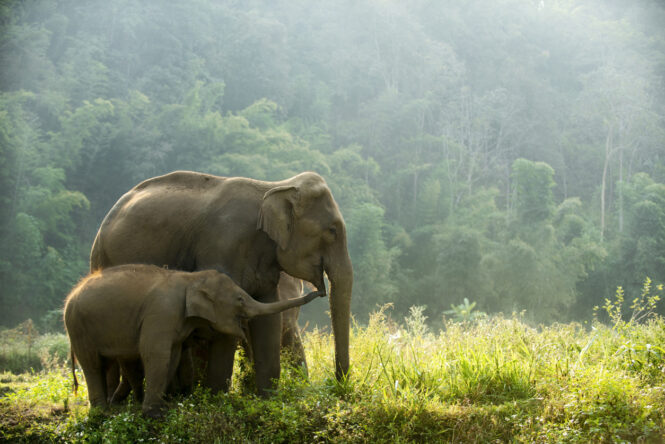
Elephants are highly social creatures who form bonds that can last a lifetime. They comfort each other, play together, and even show signs of deep affection like entwining trunks or resting their heads on each other. When an elephant loses a close companion, the grief can be intense and visible. Their loyalty and emotional depth are so strong that their relationships sometimes seem more human than animal.
3. They can recognise themselves in mirrors.
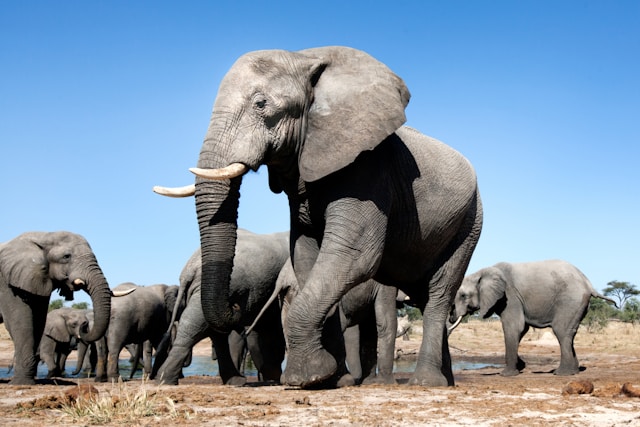
Self-awareness is a rare trait in the animal kingdom, but elephants pass the mirror test, meaning they recognise their reflection as themselves, not another elephant. This ability puts them in an elite club alongside great apes, dolphins, and a few clever birds. It shows a level of cognitive complexity that points to a rich inner world we’re only just starting to understand.
4. They mourn their dead in incredibly touching ways.
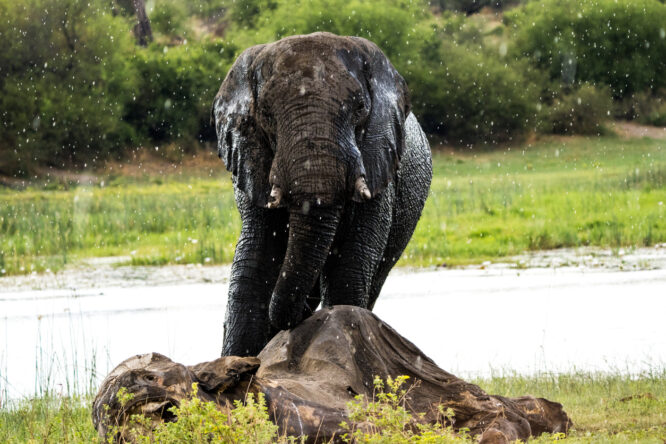
When an elephant in their group dies, others will gather around the body, touching it gently with their trunks and sometimes staying for hours or days. They’ve even been known to revisit the bones of deceased relatives years later, lingering quietly in what can only be described as mourning rituals. It’s one of the clearest signs of their emotional depth and empathy.
5. Their trunks are basically the ultimate multitool.
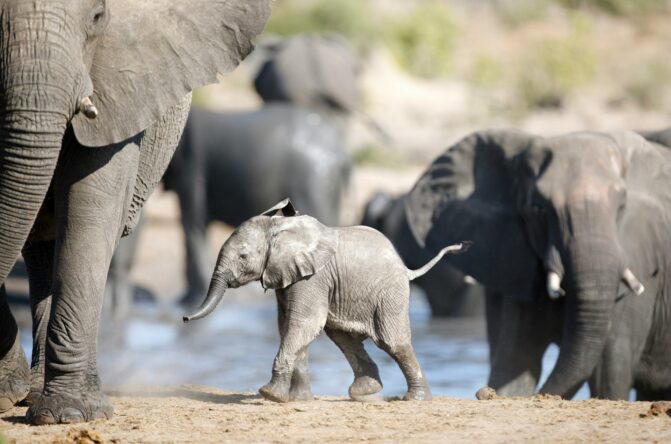
An elephant’s trunk has around 40,000 muscles and acts like a hand, nose, straw, and sometimes even a snorkel. It’s strong enough to lift a log and delicate enough to pluck a single blade of grass. They use their trunks to greet each other, eat, drink, defend themselves, and explore their environment. Honestly, if humans had something as versatile as a trunk, we’d probably be unstoppable.
6. They communicate through deep, rumbling sounds we can’t hear.
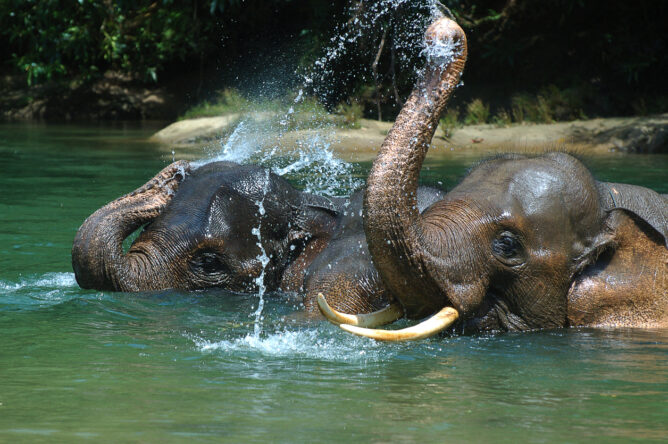
Elephants “talk” to each other using infrasound—extremely low-frequency sounds that travel for miles, totally out of range for human ears. These secret conversations help coordinate herd movements, warn each other about danger, and keep families connected across long distances. It’s like having a private communication system built right into their DNA.
7. They’re natural ecosystem engineers.
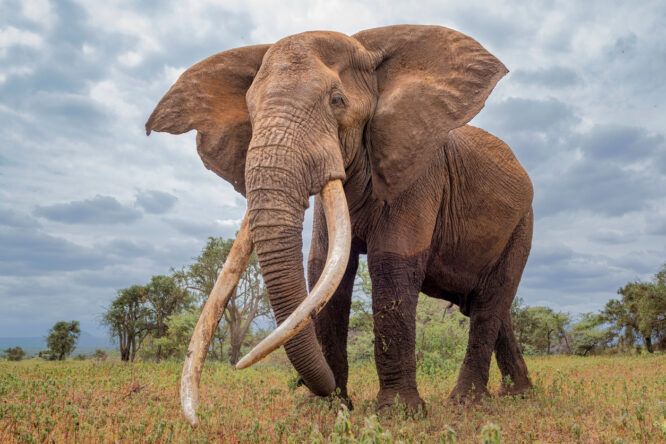
Elephants aren’t just wandering around randomly — they’re shaping the environment as they go. By knocking down trees, digging for water, and spreading seeds, they help create spaces where other animals and plants can thrive. Without elephants, many ecosystems would look completely different. They’re not just part of nature; they actively design and maintain it, sometimes without us even realising.
8. They show incredible kindness to other species.
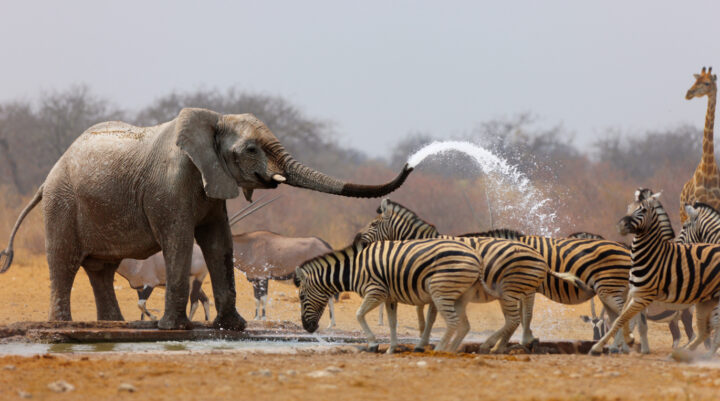
Elephants have been seen helping injured animals, including other species, and there are countless stories of them showing gentle behaviour toward creatures far smaller and more vulnerable than themselves. In a world where survival often comes down to competition, seeing such spontaneous acts of kindness reminds us just how unique elephants really are, and how much we still have to learn from them.
9. Their sense of smell is next-level impressive.
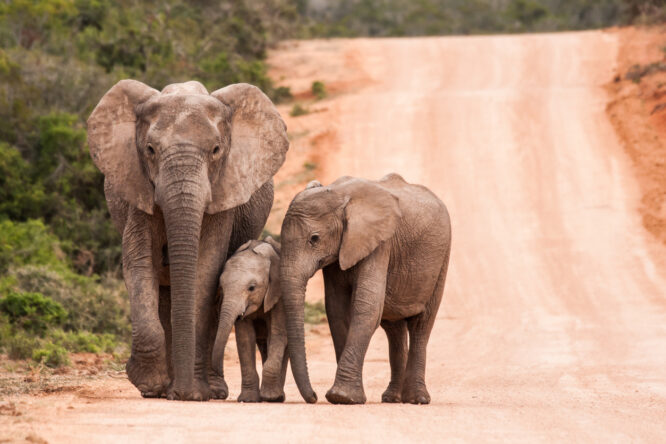
Elephants have one of the most powerful senses of smell in the animal kingdom. They can detect water sources several miles away and can even sense rainstorms approaching from great distances. This super-sniffing ability isn’t just useful for survival; it also plays a huge role in how they navigate their relationships, find mates, and keep their herds safe and connected.
10. Baby elephants are ridiculously cute, and full of personality.
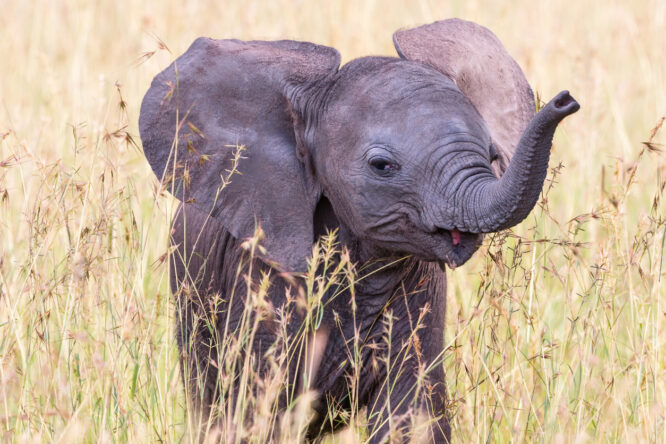
Baby elephants (called calves) are curious, playful, and sometimes downright clumsy, much like human toddlers. They love to explore, splash in water, and practice using their trunks, which they don’t fully master until they’re older. Watching a baby elephant trip over its own feet, splash around like it’s the best day ever, or cuddle up to its mother is one of those pure joys of nature that never gets old.
11. They adapt to challenges better than you’d expect.
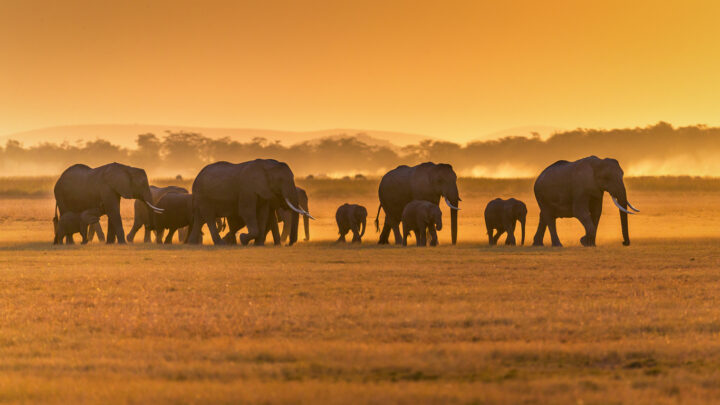
Despite their size, elephants are surprisingly adaptable. They adjust their routes during droughts, change social structures after losses, and learn new ways to survive when their environments change. In places where human encroachment has made life harder, elephants have been seen using new migration paths or changing behaviours to avoid danger—a testament to their resilience and intelligence.
12. Their loyalty runs deep, even across generations.
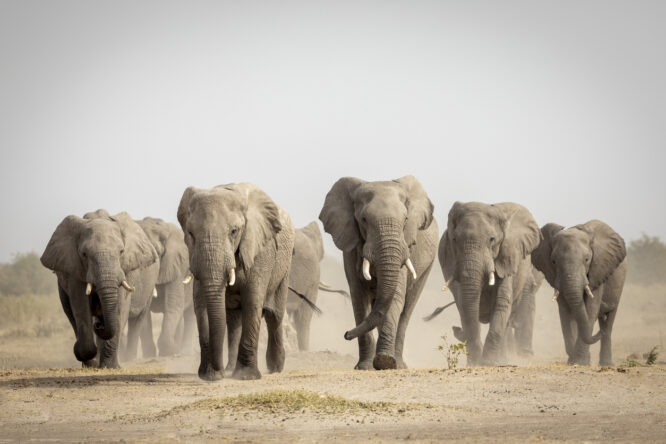
Elephant herds are often led by a matriarch—a wise, older female whose knowledge and leadership keep the family strong. The loyalty between members of the herd, especially across generations, is intense and beautiful. Young elephants stay close to their mothers and aunts, learning survival skills and social cues through years of close connection. It’s a legacy of care and wisdom that carries through lifetimes, shaping the future of the herd long after the older ones are gone.




